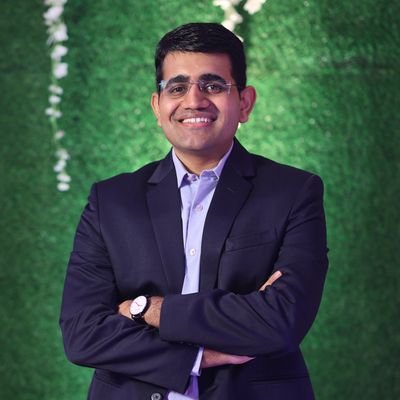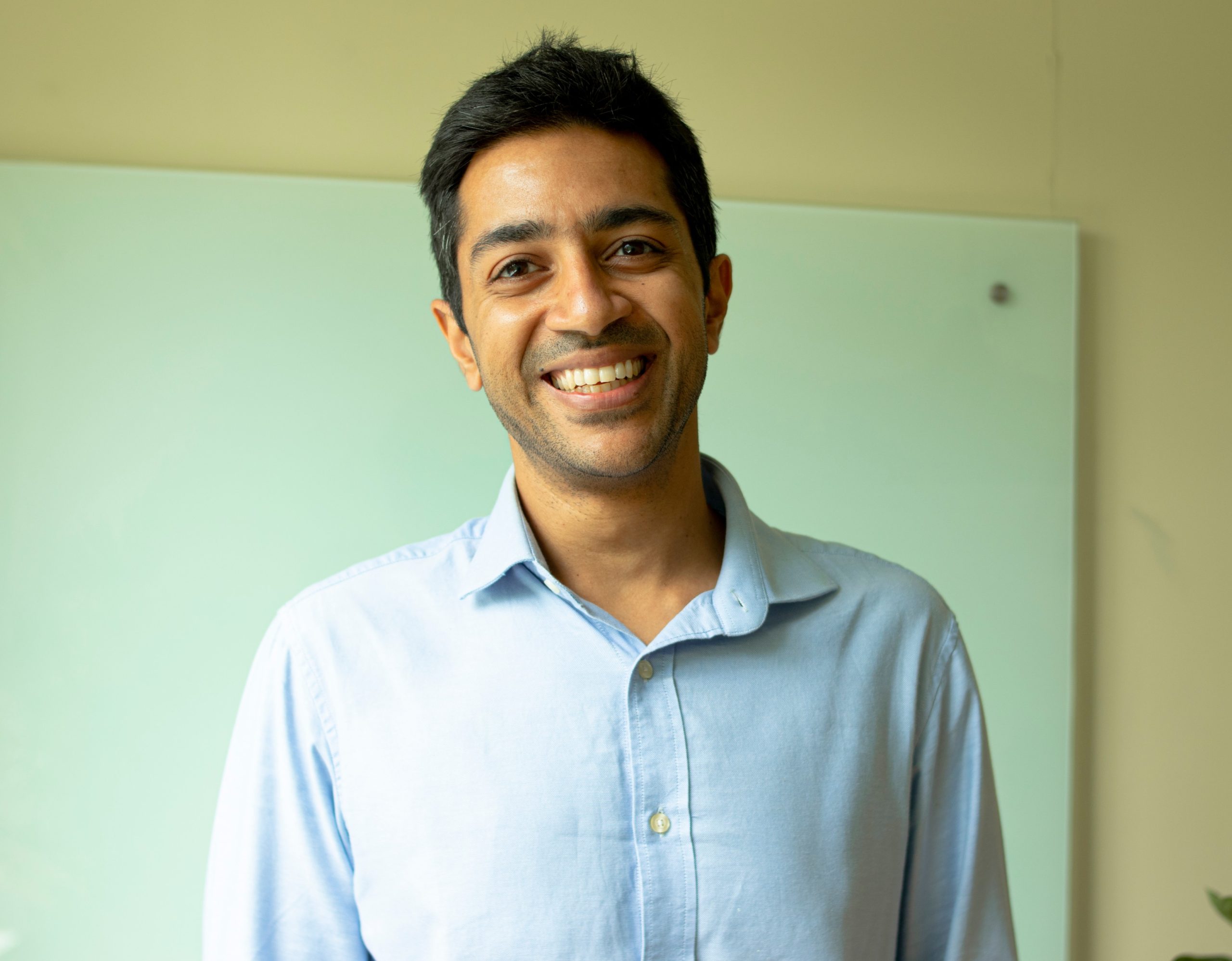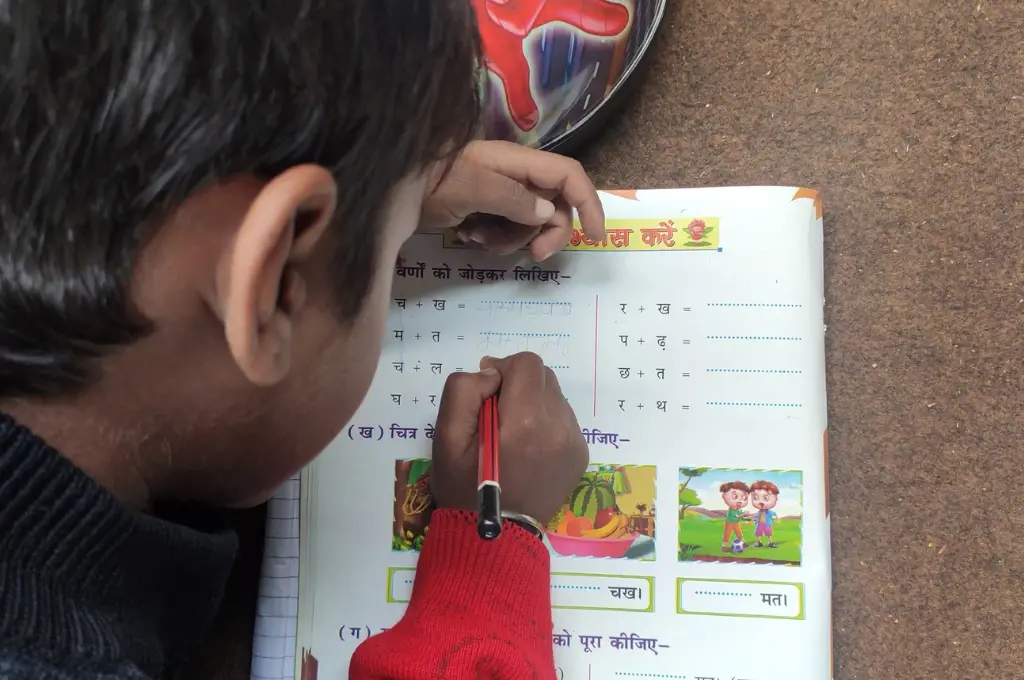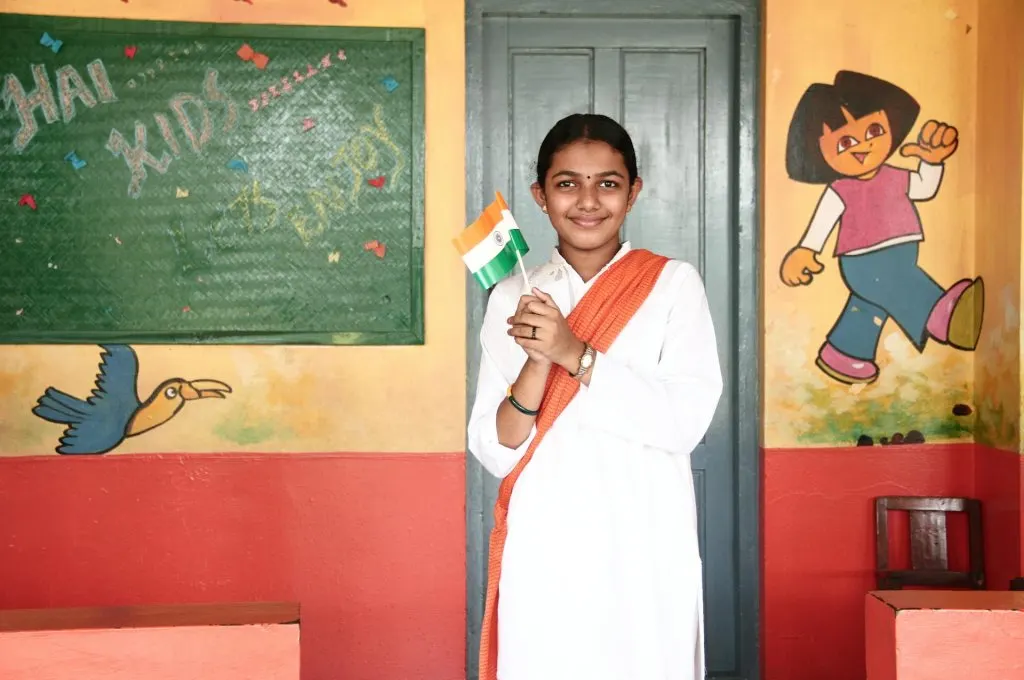Every year the Union Budget is one of the most awaited documents for all sectors and industries. The social sector, in particular, waits for it with bated breath to see the allocations towards various socio-economic development initiatives. According to the National Education Policy (NEP) 2020, “The highest priority of the education system will be to achieve universal foundational literacy and numeracy (FLN) in primary school by 2025.” And so it is important to examine the hits and misses of the recent budget with regard to this critical goal.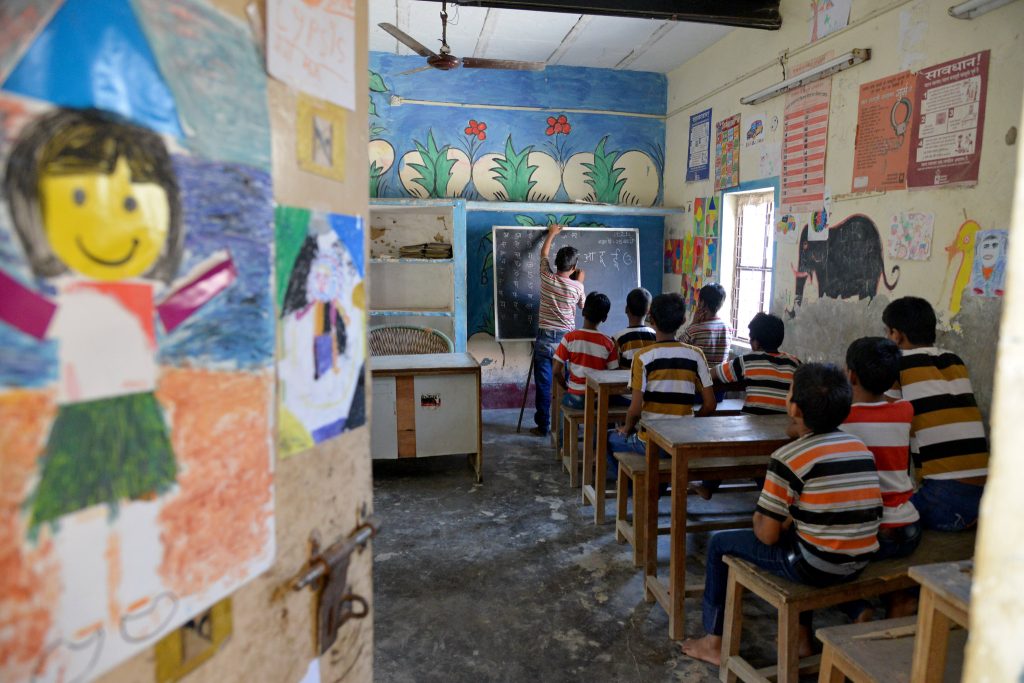
1. Hit: An increase in the overall budget allocation
The budget recognises the impact that the COVID-19 pandemic has had on the education of children, especially those from marginalised communities who have lost two years of education. To remedy this, the overall budget allocation for education has been increased by 18.5 percent from last year to an amount of INR 1,04,278 crore. Under the new allocation, it is highly encouraging to see an increase in the budget towards Samagra Shiksha by almost 20 percent—from INR 31,050 crore in 2021–22 (revised estimate) to INR 37,383 crore. Samagra Shiksha is a centrally sponsored scheme covering both primary and secondary education, and the National Foundational Literacy and Numeracy Mission is a part of Samagra Shiksha. An increase in the budget for Samagra Shiksha allows the states some room to spend on other priorities, such as teacher training.
2. Hit: Multi-channel supplementary education to remediate learning losses
Given the uncertain times we live in, the budget highlighted the need for supplementary education along with regular school. Supplementary education includes listening, watching, playing, learning, and any other activities that help a child to learn outside of school and without teachers. To this end, the budget has proposed the extension of the e-Vidya programme, where 200 DTH channels will provide education in regional languages to grades 1–12. This is a useful initiative, but given the one-way nature of e-Vidya, care must be taken to ensure that the classes are highly engaging. There is also space in the budget for e-content in all spoken languages, which will be disseminated via TV, radio, and phones and through digital teachers, that is, teachers who will appear on phones and laptops, and enable a larger audience to access their teaching. Among these, phones are expected to be the most powerful medium since they are interactive and most parents and children have access to them, as per the recent ASER report. Supplementary digital content is also more flexible and inclusive of children with disabilities, thereby increasing access to quality education for all.
A welcome announcement in the budget was the upgradation of two lakh anganwadis to Saksham Anganwadis, which will have improved education facilities for children.
Parents, communities, siblings, and remedial tuitions have played a critical role in stemming the learning loss over the past couple of years for children. While there is growing recognition of the critical role that the parents and community play in the early learning years of a child, they often do not consider themselves active participants in the child’s learning. To be successful, supplementary education must account for all of these stakeholders—especially parents and communities—and ensure that they understand their critical role so that they continue to be engaged in the education of their children. For example, this can include providing parents with daily homework, acknowledging the efforts of parents, leveraging community volunteers, providing personalised feedback, and, most of all, communicating research-based evidence on how their participation will have a substantial impact on their child’s learning.
3. Early childhood education: Good first step, but more needs to be done
During the course of the pandemic, the learning loss has been highest for children in their foundational learning years between the ages of three and nine. A welcome announcement in the budget was the upgradation of two lakh anganwadis to Saksham Anganwadis that have better infrastructure and audio-visual aids, and which will have improved education facilities for three- to six-year-old children. It is worth recalling that in a significant change from the earlier education policy, the NEP 2020 provides for a strong base of early childhood care and education for children aged three to six as part of the formal education structure. However, it remains to be seen if the minimal increase in budgetary allotment for Saksham Anganwadi and POSHAN 2.0 from INR 20,000 crore in 2021–22 (revised estimate) to INR 20,263 crore in 2022–23 will be sufficient in realising the vision of Saksham Anganwadis.
4. Miss: No mention of Balvatikas
The NEP 2020 envisages the setting up of Balvatikas—a preparatory class before grade 1 for children aged five, who may currently be receiving little to no quality pre-school education, and hence may not have sufficient preparedness for school. Insufficient preparedness for school is likely to lead to lack of understanding in the initial grades in school and a possible learning deficit over time for these children. It was expected that this budget would provide a concrete plan of action on the setting up of Balvatikas, but no announcement was made in this regard.
5. Miss: No investment in human resources
The National Family Health Survey (NFHS)-5 shows that only 13.6 percent of children aged five attended pre-primary school during 2019–20 at an all-India level. Therefore, realising the vision of universal high-quality early childhood care and education requires the resolution of several issues. Besides infrastructural problems such as limited space and poor sanitation, a fundamental issue plaguing the anganwadi set-up is that of human resources. Take for instance the anganwadi worker (AWW) who is responsible for delivering a range of health and nutrition-related services, besides being responsible for the pre-school education of three- to six-year-old kids. However, it is well known that AWWs spend a majority of their time on health and nutrition-related services, leaving very little time and attention for pre-school education.
To deal with this issue, two approaches have been commonly suggested. The first is appointing an additional resource person in anganwadis who can focus only on pre-school education. The second approach is to increase human resources in healthcare, thereby substantially relieving AWWs from their nutrition-related duties. In either approach, an increase in government expenditure is necessary.
Therefore, while an increase in the allocation for school education in the budget is commendable, we hope that, sooner rather than later, the government will address the need for high-quality pre-primary education by allocating more financial and human resources to this particular subset of education.
—
Know more
- Tune into #NEP 2020, TLDR, a video series which features sector experts who decode what the policy means for students, educators, institutions, and society at large.
- Read the NEP 2020 in English or in Hindi.
- Understand how the NEP 2020 could transform early childhood education, if implemented effectively.


